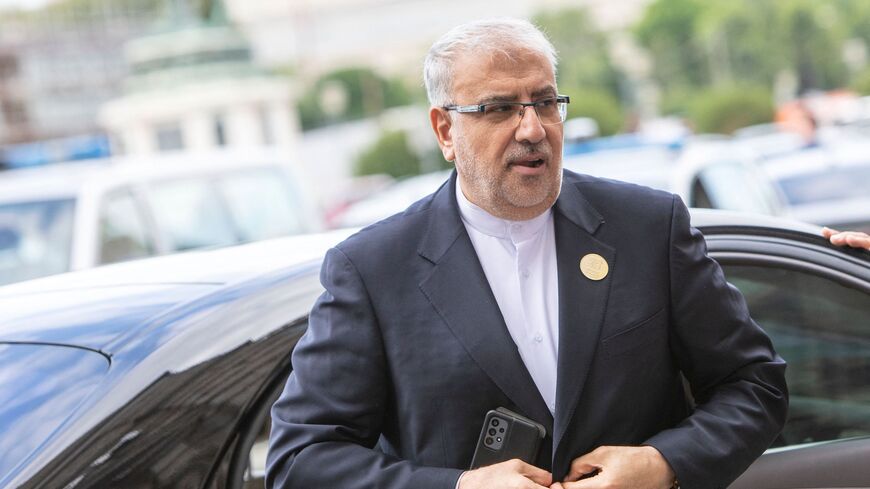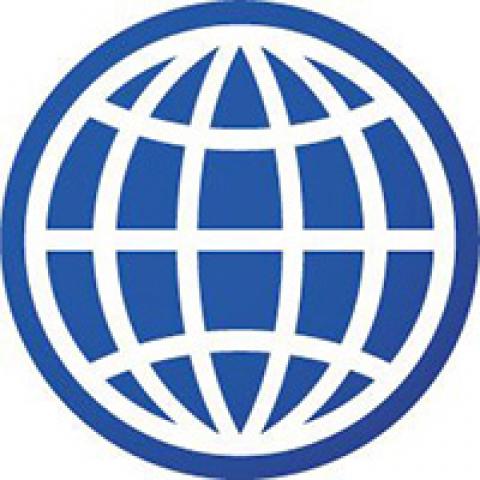Iran's Oil Minister Javad Owji talked up his country's crude sales in speeches at a summit of the Organization of Petroleum Exporting Countries in Vienna this week, as Tehran is seen shipping out oil while robust sanctions still remain in place.
Owji told one meeting, according to the IRNA News Agency, that Iran's current daily capacity hovers around 3.8 million barrels of crude and gas condensates, with the figure for sour gas at one million.
The minister declared that in the past 20 months, the Islamic Republic has managed to secure deals worth $40 billion with its regional ally Russia and neighboring nations.
Tehran has been under a host of crippling sanctions since Washington ditched the multilateral nuclear deal with Iran in 2018. Following the departure, the administration of then-US President Donald Trump pledged to eliminate Iran's oil income through penalties for buyers. However, data — and not just from Iranian sources — indicate that Tehran has been crawling back into the market. In recent months, Iran's oil exports have hit a five-year high, according to The Wall Street Journal, as cheaper Iranian oil draws in customers, especially China, at a moment when such energy giants as Saudi Arabia have been cutting back on output.
The Iranian minister boasted about how Tehran is developing its energy fields and advancing its refining capabilities independently "from A to Z," again under the same sanctions and without having to ask foreign experts for assistance. He invited international firms into the "highly attractive" Iranian energy market, where the Islamic Republic is doing "long-term planning" to augment capacity.
During his Vienna trip, Owji also held "intensely long negotiations" with his Saudi counterpart Abdulaziz bin Salman to discuss "developing joint energy fields" among other key topics, according to a statement by the Iranian Oil Ministry.
The meeting with the Saudi minister came against the backdrop of fresh reports on a disputed major gas field. Citing unnamed official sources, Saudi Arabia's official news agency reported earlier this week that Riyadh believes the Durra offshore field belongs exclusively to Saudi Arabia and Kuwait. The site, known in Iran as the Arash gas field, sits on borders shared by Kuwait, Saudi Arabia and Iran. The Saudi official denied any Iranian claim, demanding that Tehran enter dialogue to settle demarcation.
The report comes only five months into the fledgling reconciliation deal that Tehran and Riyadh signed under Chinese mediation to put an end to seven years of hostilities.
The government of President Ebrahim Raisi has yet to address the claim, but the spokesperson for the Iranian Parliament's Energy Committee, Mostafa Nakhaei, warned on Thursday that "no Iranian government official will be allowed to make any compromise [with Saudi Arabia] over Iran's interests" from the gas field, which he said "belongs to the Iranian nation and its future generations."








